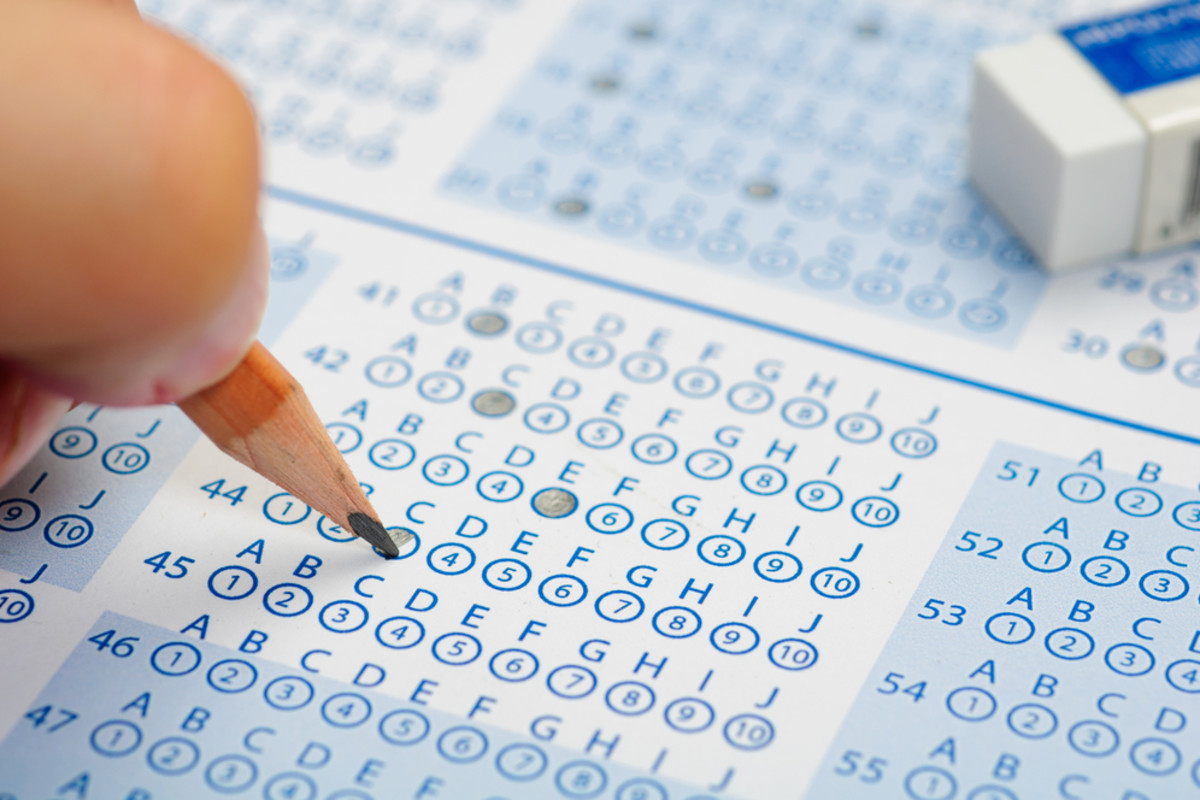By
Allison WhittenJul 1, 2020 4:14 PM
(Credit: Wichy/Shutterstock)
'''''''''''''''''''''''''''''''''''''''''''''''''''''''
But are IQ tests valid, unbiased measures of general intelligence? They certainly didn’t start out that way, says Stefan C. Dombrowski, a psychologist at Rider University in New Jersey.
IQ tests have a dark history of being used to discriminate against racial and ethnic groups, he explains, and ultimately led to the forced sterilization of thousands of people during the eugenics movement.
..........
But how accurately do IQ scores represent an individual’s true ability? One cognitive scientist at the University of California, Berkeley, says we need to question what IQ tests are actually telling us. Steven Piantadosi uses cross-cultural psychology experiments to study the universal nature of human cognition and language. He says he feels he has a responsibility to speak up against sloppy claims about intelligence, as he recently did in this
Twitter thread.
One of the biggest problems, Piantadosi says, is that someone’s IQ score can change based on the context. “IQ tests are known to be sensitive to things like motivation and coaching. This makes a lot of sense — if you try less, you’re not going to score as high. Or, if you don’t know strategies that people do, you won’t score as highly as them,” he says. “I think it’s a mistake to say that your true ability can be summarized by how much you’re willing to put into a test.”
Another issue is the cultural bias baked into the nature of the test itself. Piantadosi and his team often work with the Tsimane people, an Indigenous group living in Bolivia. They’ve found that many Tsimane do not use labels for shapes — which could affect their IQ score on a measure that requires the tester to think about and manipulate shapes. “People without words for shapes probably do this type of task differently than we do, just as if the Tsimane gave us an IQ test with a bunch of leaf shapes that we didn’t know the names for, but they did,” says Piantadosi.
...............
“(IQ tests) are culturally, linguistically and economically biased against minoritized students, in particular Black, first and foremost, and then Hispanic,” says Ford. “If these tests were not biased, we wouldn’t have different IQ scores along racial and ethnic lines — but we do. It’s an indication that there is something wrong with these tests, not with us.”
Ford’s research, along with work by many others, shows that the use of biased IQ tests is keeping many
bright minority students out of gifted education programs. Ford has been studying multicultural gifted education for over 30 years and notes that while there has been some improvement for Hispanics, she hasn’t seen any meaningful improvement in the representation of Black students.
